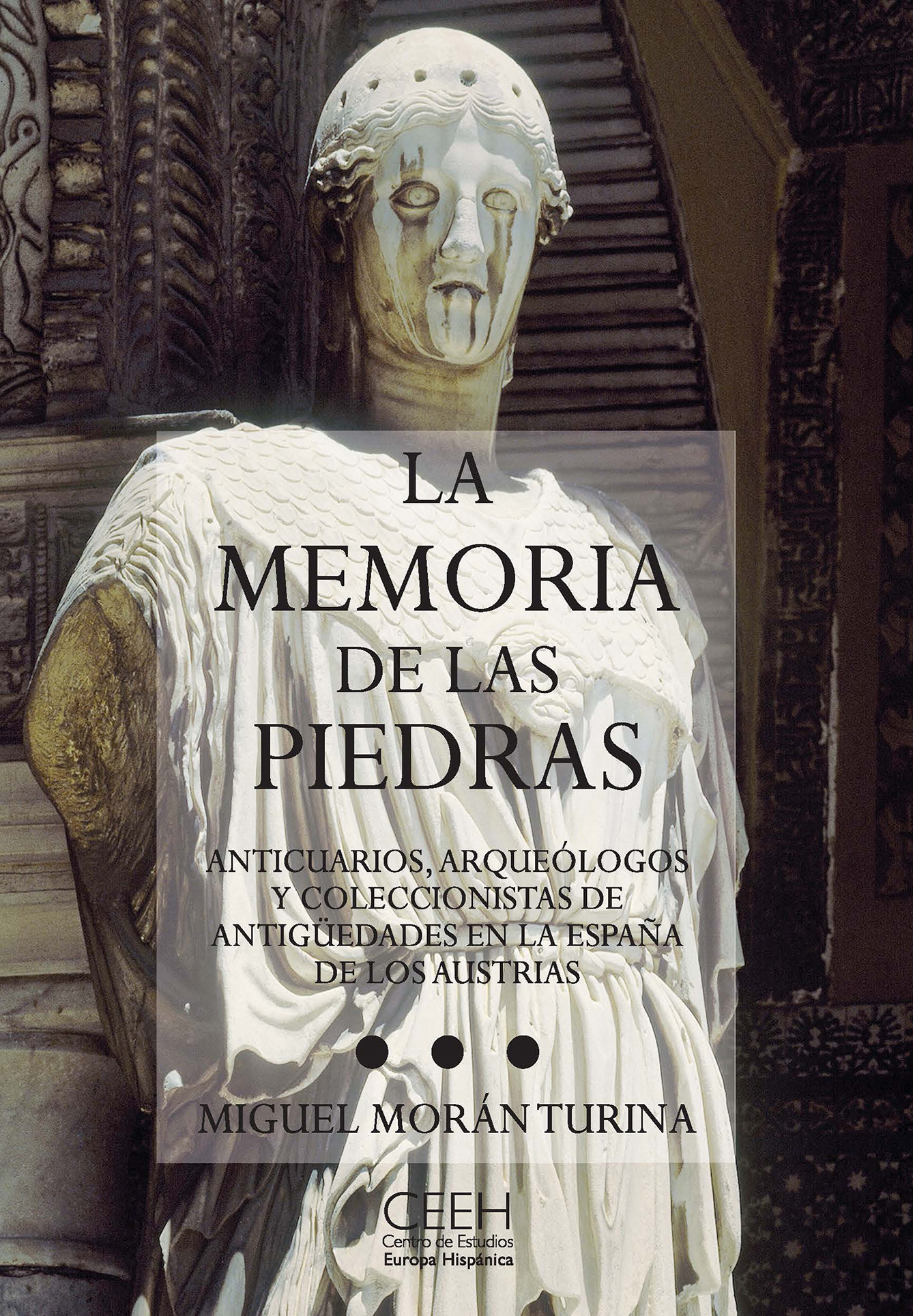Author
Miguel Morán Turina
Characteristics
460 pages; 176 color illustrations; flapped paperback; 18,5 x 24,5 cm
Publication
Spanish; 2010
ISBN
978-84-936060-7-7
Price
€38,46
The Canción a las ruinas de Itálica is the best-known expression of the sorrow with which scholars and lovers of antiquities watched the rapid disappearance of the remaining Roman monuments, victims of the neglect and ignorance of those who saw in them no more than a convenient quarry.
Impotent to halt that ruin, they tried to save what they could, aware that in “the memory of the stones” there were answers to many questions that concerned them: the real geography of ancient Spain, the antiquity of its cities and lineages, the origin of its language and its institutions, the history of its martyrs and the details of the first apostolic preaching…
These dilettante philologists, historians, collectors and antiquarians (Antonio de Nebrija, Ambrosio de Morales, Rodrigo Caro and the Count of Guimerá in Spain, Antonio Agustín and Alfonso Chacón in Rome) laid the first stones of Spanish archaeology, before it became professionalised in the eighteenth century.
Miguel Morán Turina, professor of Art History in the Universidad Complutense, is a specialist in Spanish art of the sixteenth-eighteenth centuries. He curated the exhibition Felipe V y el Arte (Madrid, 2002), and his works include the critical edition of Palomino’s biography of Velázquez (2008), Estudios sobre Velázquez (2006), El arte de mirar (1997, with J. Portús), Felipe V y el arte (1990) and El coleccionismo en España (1985, with F. Checa).
“El mejor libro de no ficción del año”, Luis Ribot, El Cultural
“Un libro magnífico, y magníficamente editado”, Gloria Mora, Goya

